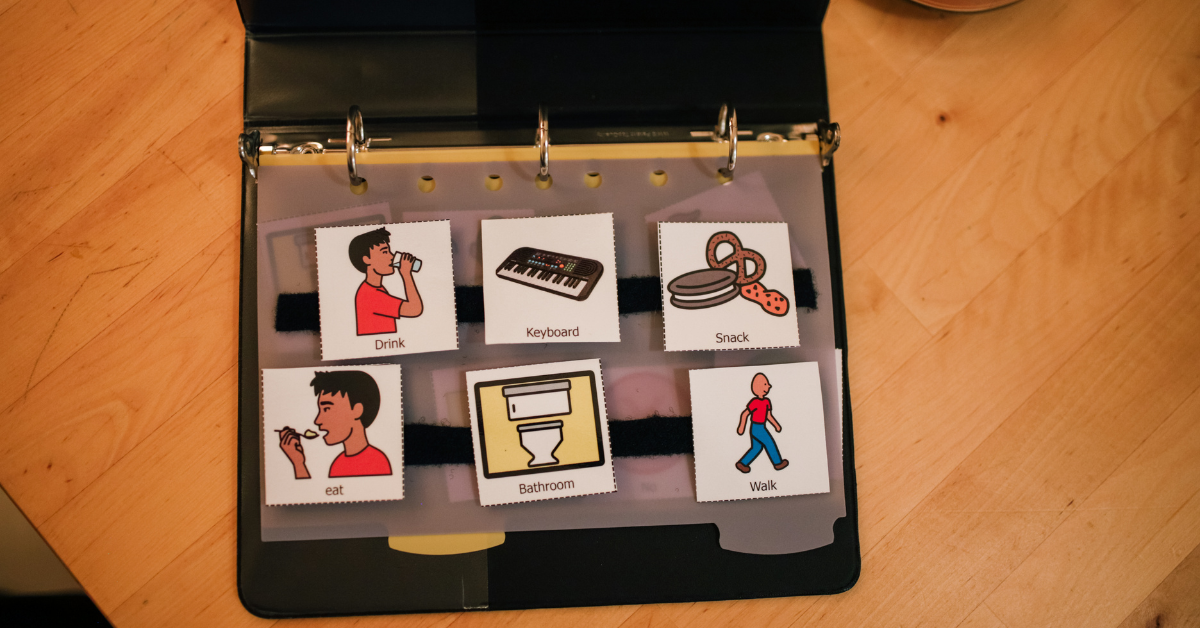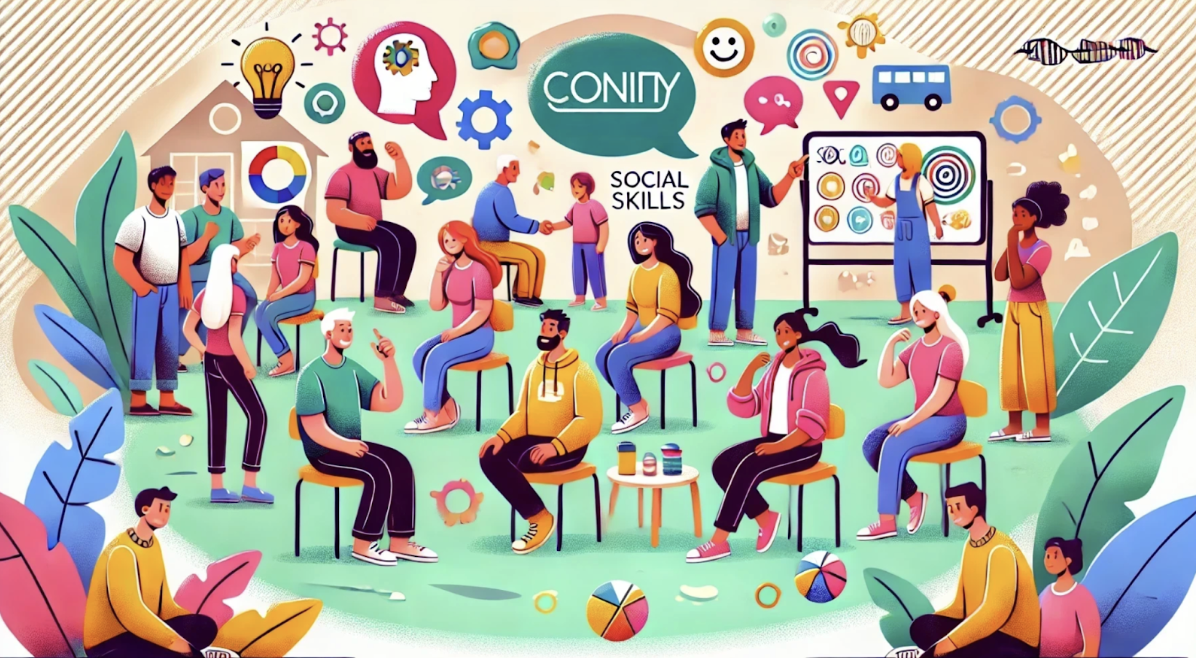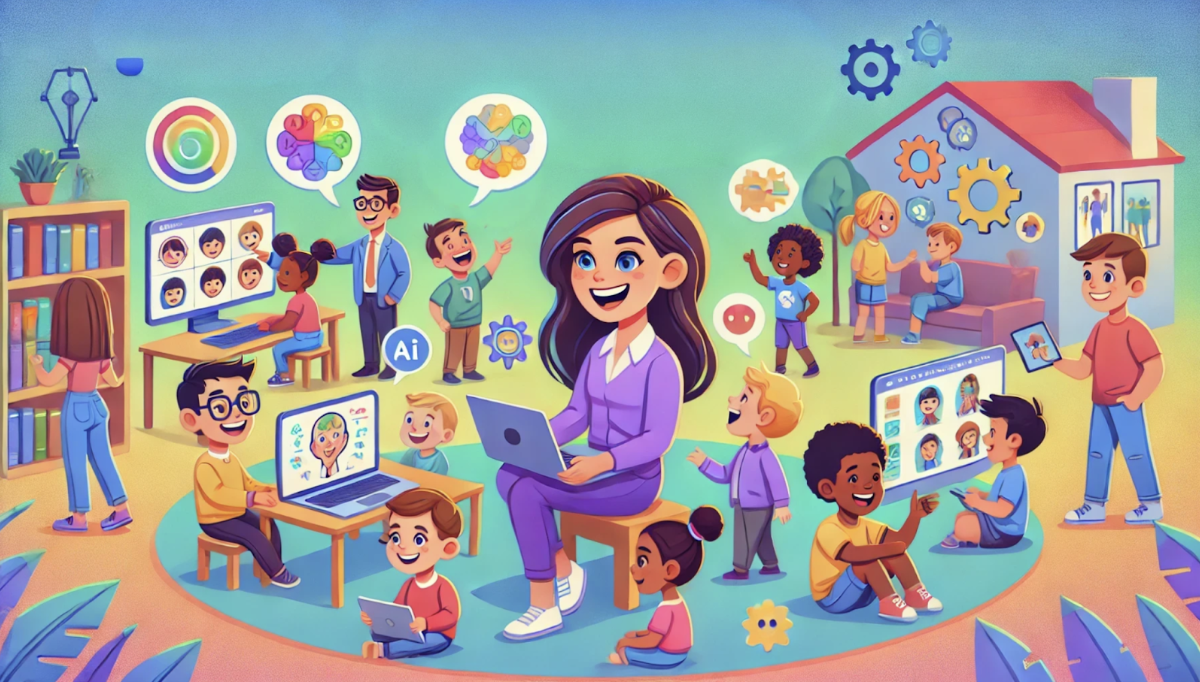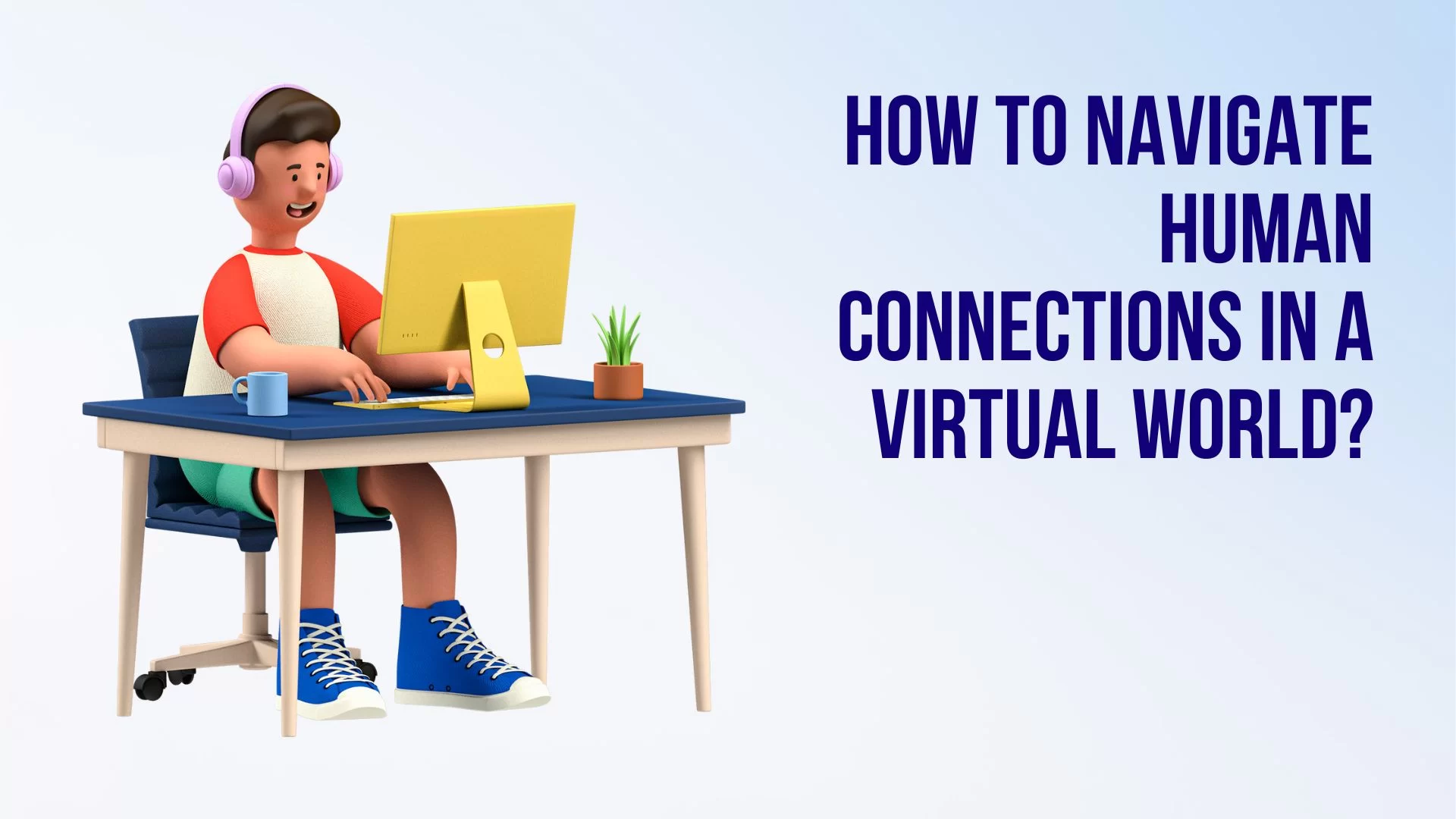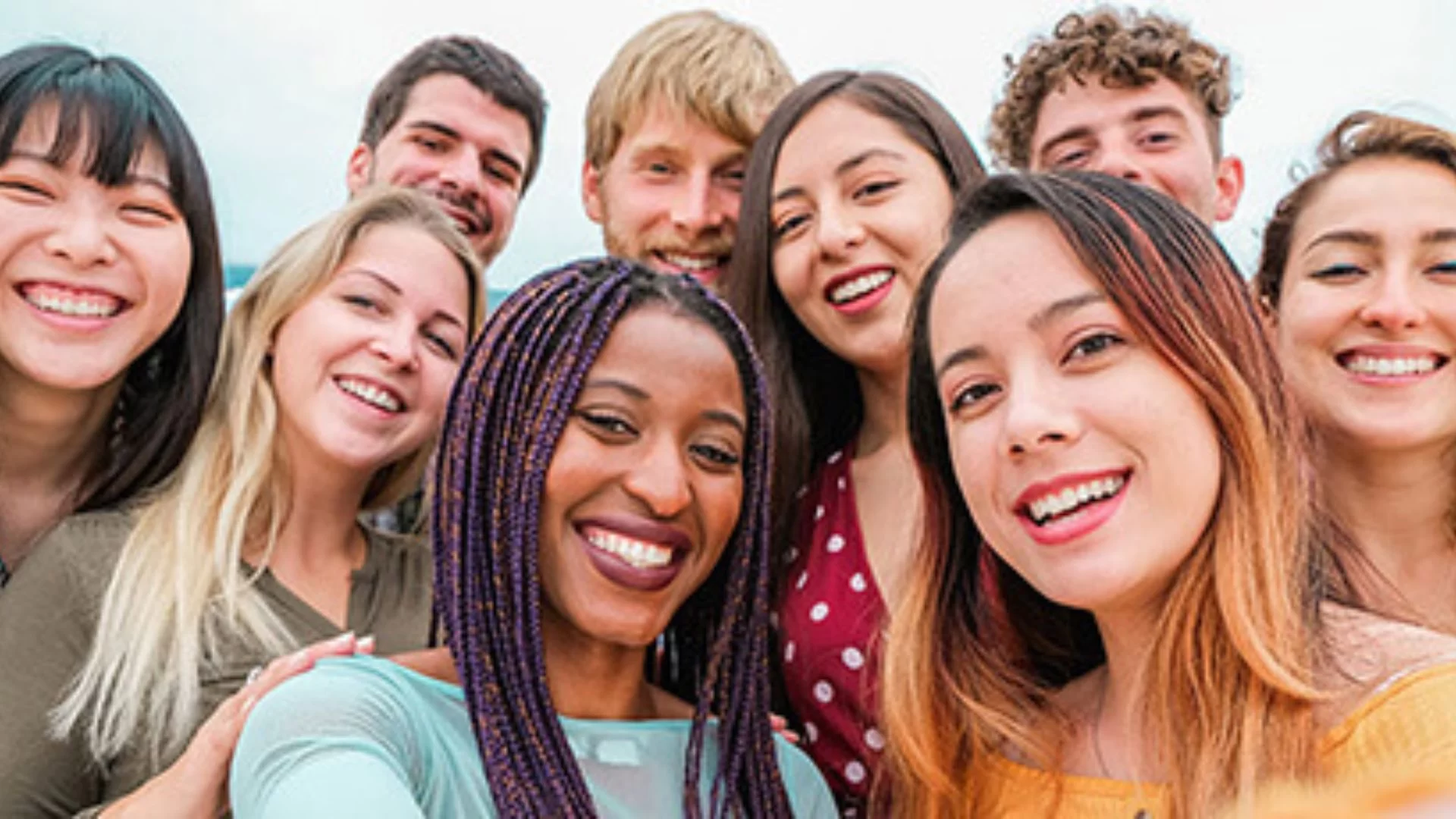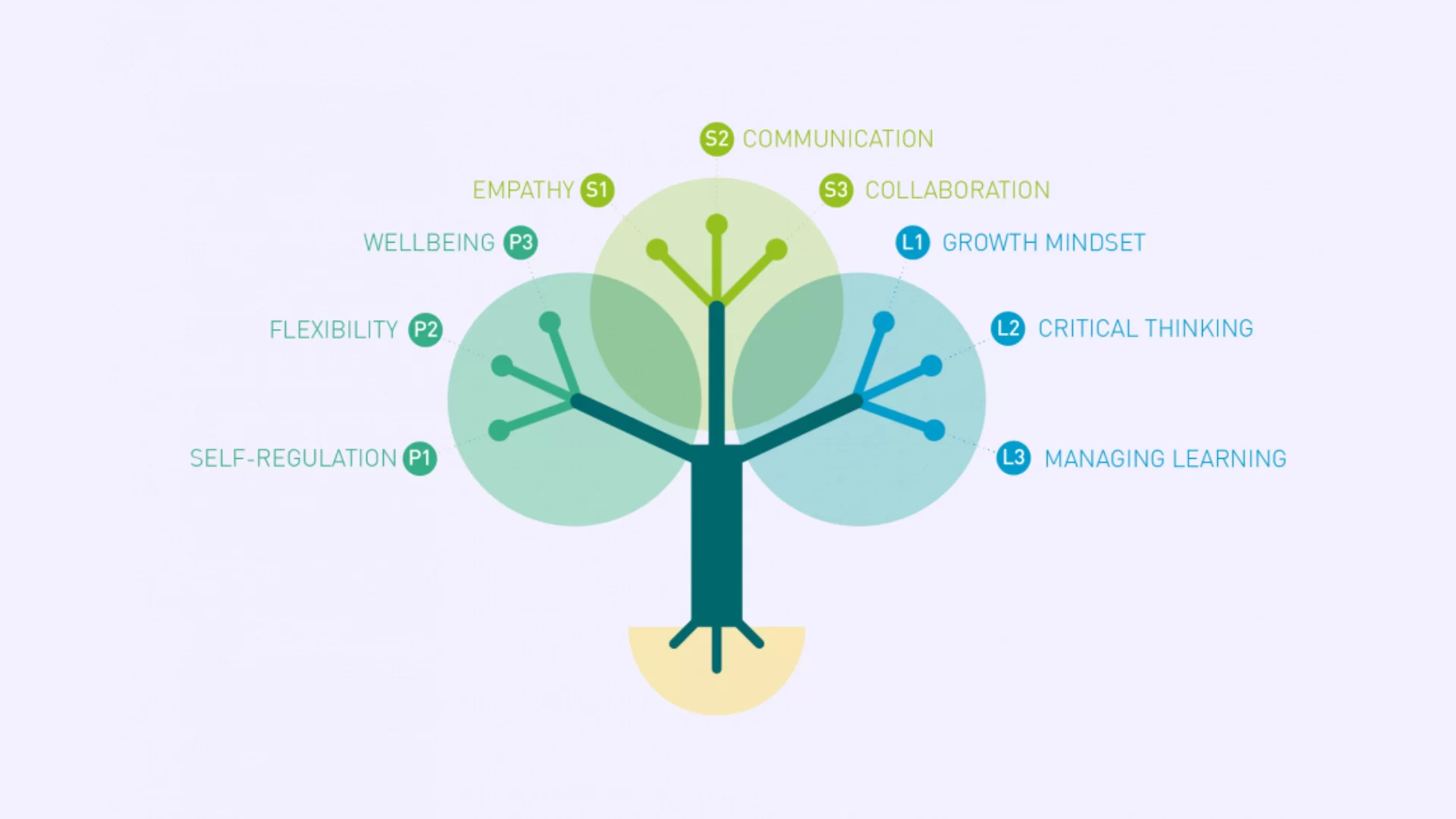Kategoria: About social skills
-

Wyjątkowe umiejętności społeczne osób z autyzmem: odkrywanie ich potencjału
Autism is a neurodevelopmental disorder that can affect the way individuals interact socially. Despite the difficulties that may exist, people with autism often have unique skills and talents that can be discovered and developed. In this article, we will focus on the unique social skills of people with autism, as well as ways to support…
-

Kształtowanie umiejętności społecznych u dzieci – dlaczego jest ważne?
Social skills are fundamental to everyone’s functioning in society. Children with autism often struggle with challenges in communicating and behaving in various situations. Developing these skills from an early age is crucial for their future lives. Social skills include a range of abilities such as empathy, verbal and non-verbal communication, group cooperation and conflict resolution.
-

Trening umiejętności społecznych dla osób dorosłych z autyzmem: praktyczne wskazówki i narzędzia
Autism, especially Asperger’s syndrome, is often associated with difficulties in establishing and maintaining social relationships. Social skills training is one of the most effective methods for supporting adults with autism spectrum disorders. In this article, we will discuss what social skills training is, what the classes are like, what benefits it brings, and for whom…
-

Kiedy warto zapisać dziecko do grupy rozwoju umiejętności społecznych?
The development of social skills in children is crucial to their future functioning both personally and professionally. You should consider enrolling your child in a social skills development group if you notice that he or she is having difficulty relating to peers, communicating or coping with various social situations. Such groups can be especially useful…
-

Social Skills in the Digital Age: Navigating Human Connections in a Virtual World
In this digital era, the way we communicate and connect with others has undergone a profound transformation. Social skills, once primarily associated with face-to-face interactions, now encompass a broader spectrum of abilities that extend to the virtual realm. In this blog post, we delve into the changing landscape of human connection, examining the challenges and…
-

The Power of Empathy: Understanding the Science behind Compassion
In today’s fast-paced and interconnected world, where technology dominates our lives, it’s easy to overlook the fundamental power of empathy and compassion. Yet, these qualities have the potential to transform lives, build stronger communities, and even shape the future of humanity. In this article, we delve into the science behind compassion and explore its profound…
-

Side Effects of Covid-19: The Lost Art of Smiling in Japan
In Japan, the mask-wearing regime during the Covid-19 pandemic has been incredibly strict. For over three years, all residents have been required to wear masks, and even today, around 30% of the population continues to wear them. While masks have proven effective in preventing the spread of the virus, they have unintentionally led to a…
-

Social Skills in Different Countries: Understanding Cultural Differences
Social skills are an essential aspect of our daily lives, but what may be considered acceptable social behavior in one country may not be in another. In today’s interconnected world, it’s important to understand the cultural differences that impact social skills. In this blog post, we will explore how social skills vary across different countries…
-

Social skills are necessary for living a full life!
Socially adept people are significantly more confident while interacting with others. This offers benefits, especially in the workplace. The phrase “social competency” refers to a broad spectrum of character traits that make getting along with people easier. By investigating and making mistakes throughout life, we can develop the skills necessary for efficient communication, outstanding interpersonal…
-

Why are social skills crucial?
Not everyone finds it easy to get out of the house, meet new people, and make friends. Some people tend to avoid social situations because they worry or feel uncomfortable in them. Some people are just shy and prefer to be alone rather than surrounded by people. No matter which group you belong to, it’s…

